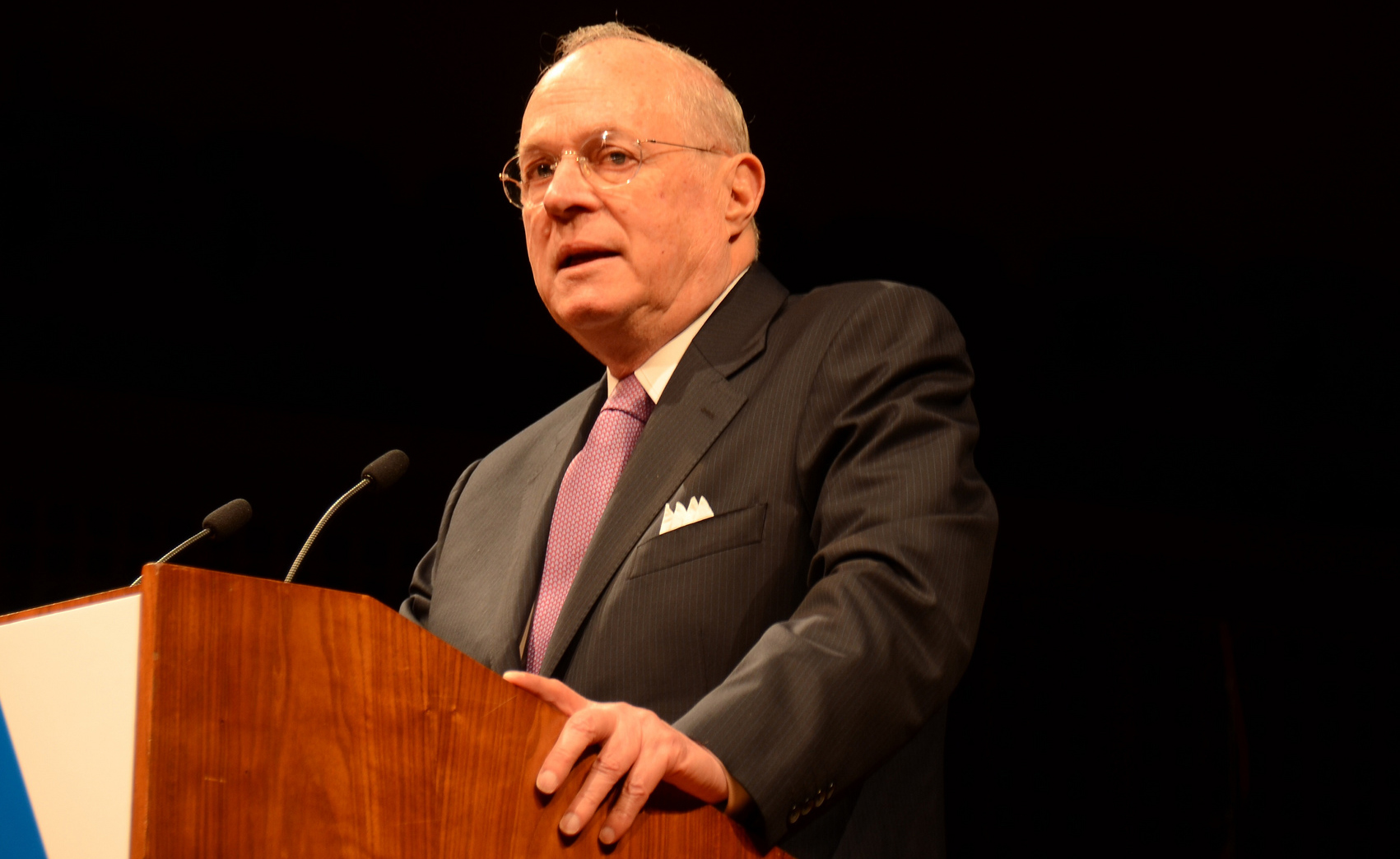On April 18, the United States Supreme Court heard oral arguments in United States v. Texas, a case brought by 26 states to challenge President Obama’s frozen deferred action programs, known as Deferred Action for Childhood Arrivals Plus (expanded DACA) and Deferred Action for Parents of Americans and Lawful Permanent Residents (DAPA). While the oral arguments largely focused on the question of standing (whether the states have a legal stake to even bring the case in the first place), colorful and sometimes confusing exchanges between the lawyers and the justices on whether the deferred action programs are lawful and whether the President, rather than Congress was changing laws, ensued. In one exchange, Justice Anthony Kennedy said, “the briefs go on for pages to the effect that the President has admitted a certain number of people and then Congress approves it. That seems to me to have it backwards. It’s as if—that the President is setting the policy and the Congress is executing it. That’s just upside down.”
Justice Kennedy’s discomfort with the notion that the Executive Branch is dictating policy to the Legislative Branch is simply not the case here. In fact the Executive Branch’s discretionary authority to temporarily protect low priority people from deportation was at the direction of Congress which explicitly delegated the administration and enforcement of immigration laws to the Department of Homeland Security and has required, by statute, the Secretary of Homeland Security to establish immigration enforcement policies and priorities. Moreover, deferred action is one longstanding form of prosecutorial discretion in immigration law that may be granted at any stage of the enforcement process. Deferred action has been applied by the immigration agencies to individuals and to classes who meet specific criteria (while still considered on a case-by-case basis). Congress has never sought to remove the practice of deferred action and in fact has identified it explicitly by statute and in the regulations. The Supreme Court has likewise acknowledged the critical role of discretion in immigration. These authorities, coupled with an affirmation of the Administration’s legal authority by the Department of Justice Office of Legal Counsel and more than 130 immigration law professors, underscore the foundation for programs like expanded DACA and DAPA and dispel the argument that the Executive Branch is overreaching.
Prosecutorial discretion is a powerful tool in immigration law—as it is in all law enforcement contexts—but until the Obama Administration, it operated as a mostly secret program (and still does for those seeking deferred action outside of the DACA program). Prosecutorial discretion responds to the reality that law enforcement agencies have limited resources and must prioritize how they spend them. In the immigration context, Congress has only provided funding to deport less than 4 percent or 400,000 of the 11.3 million of the deportable population living in the United States, so certainly priorities must be set.
Prosecutorial discretion also carries a humanitarian dimension. It allows law enforcement officers to consider a person’s equities. In the immigration context, DHS may choose to exercise discretion for those who have lived in the United States for many years and who bear compelling factors like advanced or tender age, family ties, status as a primary caregiver and/or victim of abuse. Inevitably, the pool of people who bear these factors rise each year Congress fails to enact a legislative solution to our outdated immigration system.
Kennedy’s “upside down” argument leaves an impression that the Administration lacks authority to exercise prosecutorial discretion. But the legal authority is clear and one that even the lawyer arguing on behalf of Texas and the other states who brought suit seemed to agree with, acknowledging that the Administration may prioritize removals and that the government could give cards to everyone saying they are “low priority” as part of its discretion The humanitarian crisis is striking—and at the moment, prosecutorial discretion is the only solution, albeit a temporary one.
Photo by Steve Rhodes.
FILED UNDER: featured, Supreme Court, United States v. Texas


